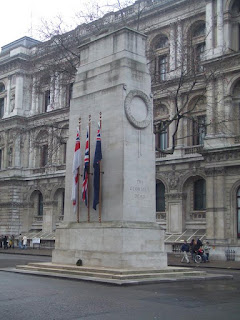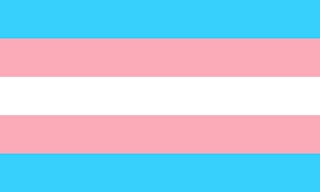Today is the 11th of November – Armistice Day. When many people around the world remember that active fighting ceased, in Europe, on this day in 1918, at 11am (creating the easy to remember, and date-format friendly, time and date of 11am 11/11) local time. Many say the armistice was signed at 11am, but this is incorrect; it was signed earlier that day, after some negotiation, and communicated initially around 9am in Paris; the 11am time was that specified in the armistice for cessation of hostilities, and the troops had notice of it some time before that – and in many cases, carried on fighting quite close up to the minute specified, especially artillery units (who didn’t want to have to shift their ammo back home) and those who were in sight of a strategic target, whose officers were thinking ahead to the possibility that the armistice might fail. However, by 11am people had pretty much stopped fighting (in Europe), and the armistice did not fail – the war being formally ended with the Treaty of Versailles in June 1919.
I clarify ‘in Europe’ because, communication not being globally instantaneous in 1918, it took a while for the news to reach those fighting in Africa. About two weeks later, they got news, and the local commanders had to make their own arrangements for an armistice ceremony and cessation of hostilities in Northern Rhodesia (modern Zambia).
But this isn’t a history blog. It’s a Quaker blog. You might think, from the text above and a little knowledge of Quakers, that I’m about to get into Quaker pacifism, the wastefulness of the so-called Great War (now commonly known as the First World War), or, perhaps, how our public observances of Remembrance have taken on characteristics of glorification of war and the military. All of those would be valid things to post here, but that’s not what I’m up to right now. No, as those of you who’ve paid attention to the title of this post will have gathered, I want to take this opportunity to talk about performativity.





















